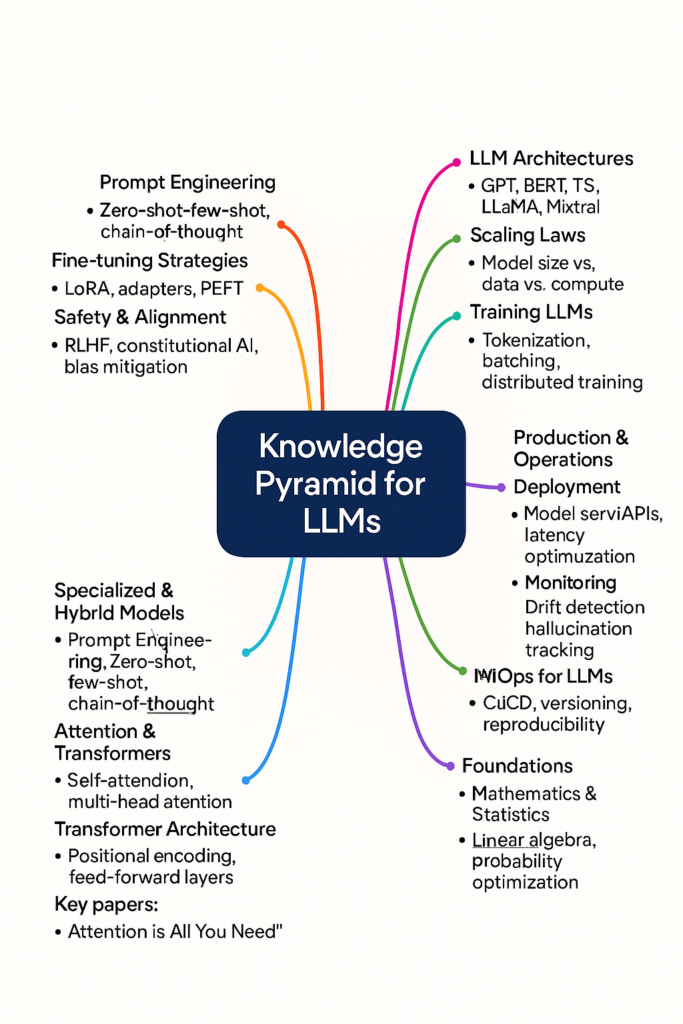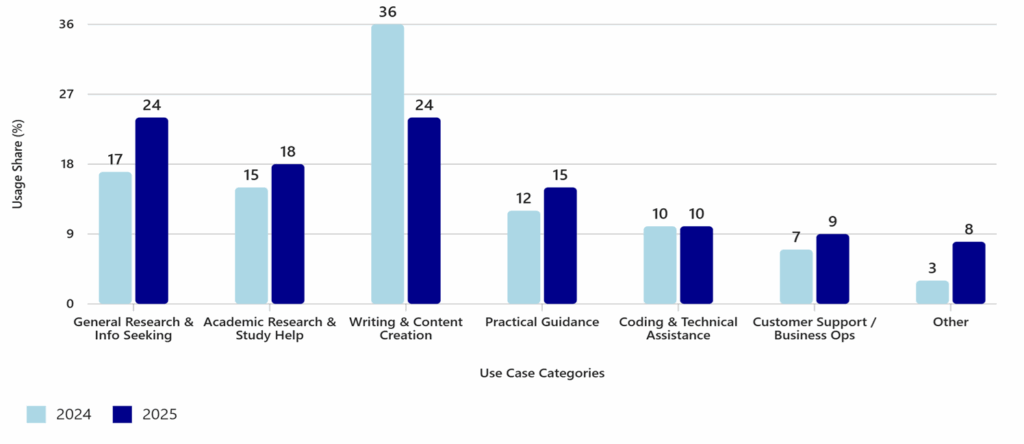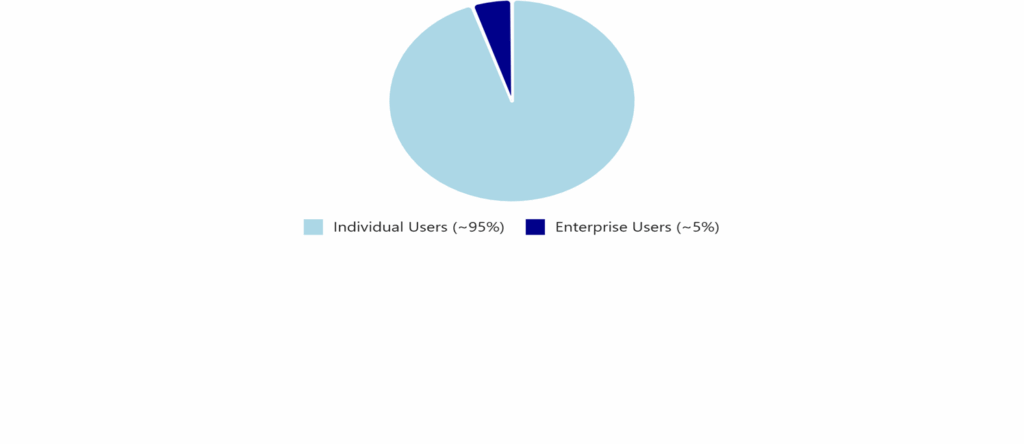Been writing small posts on how LLM based coding is evolving and how it will impact the software industry.The posts are aging so well that by Feb 2026 the markets and public are already convinced that LLM coding will make hand crafted code thing of the post.Thanks to anthropics claude releases.Hand crafted code might become an artistic pursuit even or just a teaching tool.
But where is taking us?
The industry : Would benefit a lot , now that we can ship out software faster than before . This also takes the pivot of success back where it always belonged; that is having superior ideas and executing it well till production.
The code : Perfecting creation of structural code is something that LLM based coding approaches have already demonstrated that they can master well.By now people have also demonstrated that even the intentional part code can also be crafted with LLM based coding approaches.
That leaves us with only the bare bones part the software,which is the code of business rules. The hard part of business which only we know .The best example of such code i could think of was how fortan programmes were written and used .Just the exact business rules sans the I/O or hardware or framework considerations.

(sample fortran code , generated via , well 😉 AI )
Individuals : The spot where our jobs were standing has shifted now.Instead of being the person who wrote code by understanding business from someone.We now have become the person who understand business so well that we can now use LLM coding approaches to fulfill the effect business needs.This was always why IT department existed in the first place (hence the fortran analogy).Is this making all of us business analysts ,not really but it does make us software product owners.A title that needs to be coined now.
Job losses : come on, ask any ceo, there is so so much business always wanted to do and achieve but could not due to to lack of software delivary speed.That constraints is removed now.
However: Transition periods are confusing,chaotic and not time bound.That we need to bear.But a total and complete job losses for us,No way.
What i wrote in Jan 2026 new year:
by the time 2025 is closing and the question on will Coding LLMs/Agents/IDEs replace human programmer? gets aksed ,i am at ” It might actually” moment.
Few quarters before i was at ” may be lets see”.
Thats the amount of progress state of the art has made .
Based on the report you read and the date of it ,some 40 percent of code and 256 billion lines of code has been outputted by models. Forget about the impact but such numbers means it is a large scale training and human verification that has already gone back into the models/to the labs.
With more focused optimizations from the AI LABs in the model architecture and deployments 2026 especially by plugging in some knowledge representation and knowledge priority/ranking might close the year 2026 on “Ah it happened”.
ps: there have been many shots taken at eliminating the programmer over last 4 decedes (really,its that old of a dream ).
These attempts tried visuals, formatted config,drag and drop and even document based approaches. Additionally the design based approaches like annotation and injection also kept on happening.
But the “so called” ability to reason offered by LLMs is breaking past the totality barrier of code generation from specs . My best bet is models becoming runtime aware is what will be the last finishing touch to the masterpiece.
feb 2026 :
Most of the buzz on llm coding is about how fast and easy it was for a non tech person to write an app or software was.At times we hear personal experiences of using llm coding by old techies like me .
But we hardly hear anything from people who sell software itself as the commodity!
So, the likes of android or spring or angular or chrome have a huge builtup of code complexity in them.They also have competing and conflicting features and a huge backlog of features they would have loved to implement yesterday.
The real and more believable metric of impact of llm coding will come from these places.If they are able to ship bigger feature sets faster,it would be the gold standard for productivity measurement around llm coding.
This also raises another question. When llm coding is so powerful why would we need their framework at all? would it not be easy to get your own curated framework based on your needs and use it. The picture is much darker for maintainers of smaller specialized libraries.
vibecoding or llm coding as i call it, is going to have its first evolutionary prey-victim soon. Cambrian explosion are beautiful and brutal at the same time.


